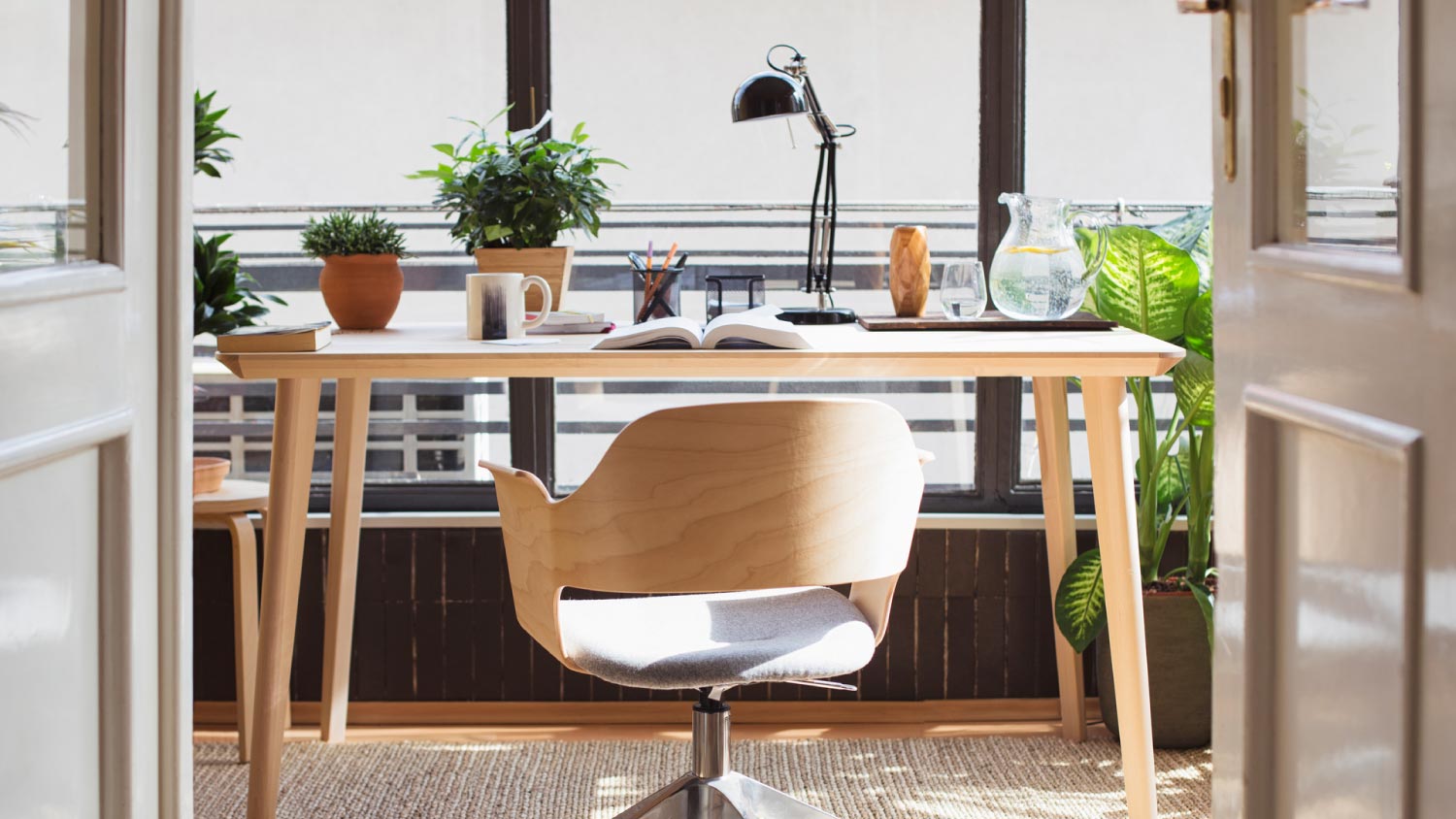7 Great Tips to Declutter Your Piles of Paper
Turn your paper mess into a desk to impress


Drowning in paperwork can feel like you’re actually drowning. Plus, if you’re working from home, it can be challenging to be productive when the only thing you can see is, well, paper. Decluttering your stacks of paper is a great way to get your foot in the door to decluttering your entire home. Below are some expert tips on eliminating this mess.
1. Make a Sorting System
It can be super tempting to start trying to sort papers with no real plan of attack, but sooner or later, you’ll likely begin to feel chaos sinking in. By making a sorting system, you’ll reduce the time and energy you spend sorting through papers and, in turn, have more time for other priorities.
Many people opt for filing systems, which can make your life much more organized with added accessibility. You can even hire a local professional organizer near you to help you take charge and understand how to manage your items effectively.
The cost to hire a professional organizer is $200 to $750.
2. Sort With Containers
Using containers may seem too simple to be true, but a few of these can be life-changing when sorting through piles of paper—which can feel endless. Using containers to sort different types of paper documents can also be particularly useful if you’re trying to get organized before selling your home.
You may decide to create a system where you designate containers for different documents, such as important papers, sentimental papers, and unnecessary papers. Or, you can get even more intricate and sort by the exact type of paper, such as educational, medical, financial, etcetera.
3. Keep and Scan Important Documents
You don’t want to lose important papers that may not seem necessary to keep at the moment but may come in handy later. These may include:
Marriage licenses
Tax reports
Healthcare information
Medical records
Insurance policies
Pay stubs
Mortgage/homeowner information
Consolidate these important items by scanning them. Then, you can be a little less worried about what will happen if you lose one of these documents.
4. Consider Paperless Options

We’re fortunate to live during a time where paperless options are readily available. Not only will this help you live a more decluttered life, but it’ll contribute to increasing your sustainability efforts at home.
If you’re receiving regular paper documents, such as bank statements or utility bills, you likely have to deal with the pileup of paper. To reduce this, consider going paperless. In most cases, all you’ll need to do is request to go paperless directly through the company.
5. Recycle Trash
If you want to be greener at home, a great way to start is by improving your recycling habits. After all, any progress is progress. Plus, you’ll feel a lot better after you start reducing the paper stacks.
Keep in mind that not everything is recyclable. Some common nonrecyclable items include:
Paper with food waste
Cereal and juice boxes (unless the packaging says otherwise)
Paper towels
Paper with plastic lamination
Napkins
Wax paper
Facial tissues
6. Digitize Your Documents
Another way to go green is to digitize your notes. You’ve got several options for apps or services to store paper, such as Microsoft OneNote, Evernote, Apple Notes, and Google Drive. This will also help reduce the paper clutter that piles up over time.
7. Shred Unnecessary Items
If you no longer need papers or items with personal information on them, consider shredding them.
Some of these items may include:
Old medical bills
Old bank information
Credit card applications
Anything containing your social security number
Birth certificate copies
Canceled/voided checks
Credit reports
ATM receipts you don’t need
Anything containing your signature, address, full name, and phone number
Pay stubs
Password sheets (make sure you have them stored somewhere else)
Transcripts
Canceled/expired credit cards
Old prescriptions/prescription stickers
Using a shredder is an excellent way to increase security around these essential documents. Just make sure you have other forms of access if they’re important documents you plan on shredding.

